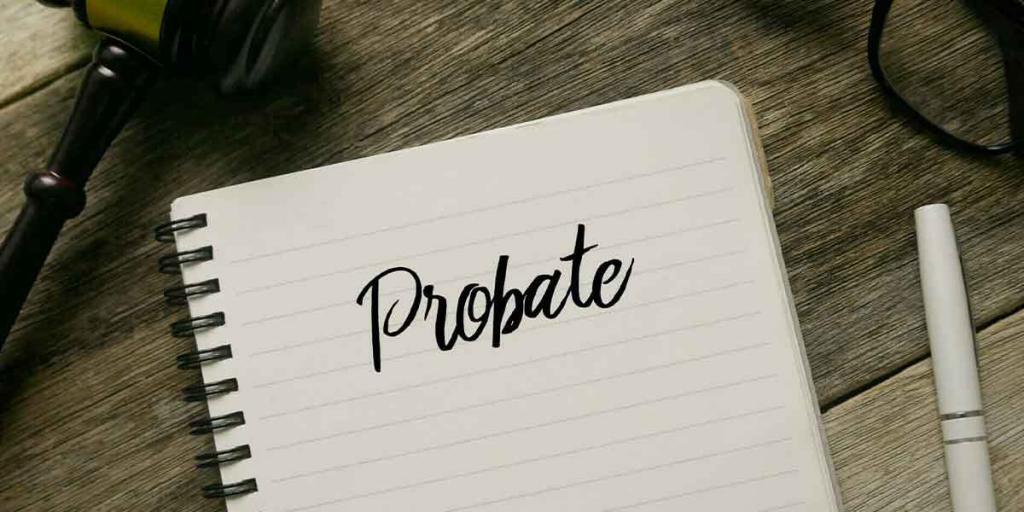Estate Planning
Estate planning is a very familiar term. You often hear the word “Estate Planning”, but do you really know what it means to plan an estate?
Well, estate planning involves making plans concerning the management and distribution of one’s estate upon death or incapacitation. After your demise, your estate will have to be put in someone else’s care. The name of these persons is often listed in your will and they are often regarded as your beneficiaries. When you die, this legal document will have to undergo a process known as probate.
Probate Explained
People loathe this process and I can’t really blame them for despising it. This legal process which often take place in a probate court is done for several reasons. After the demise of an estate owner, the will of the decedent undergoes probate to ascertain its validity. It is the duty of this process to figure out if the will was actually written by the estate owner, or if the decedent was forced to write the will under duress.
Probate is also done to determine all the properties of the deceased, to review the property of the decedent, to settle unpaid debts and taxes, and to share the remaining property to designated beneficiaries based on what is stated on the decedent’s will. If you have no will, your estate will be distributed based on the intestate law of the state of New York.
The probate process is not as easy as you think it is. It involves lots of paper work, court appearance by your probate attorney, including court fees. The court fees and the cost of hiring a probate attorney are usually settled from the proceeds of the estate; afterwards the remainder goes to the designated beneficiaries, taxes, unpaid debts, etc.
How does this Process Works?
The probate process, though somewhat complicated, can go smoothly provided the will of the deceased is genuine, you have all the necessary paper works, and you hire a competent probate attorney. Upon your death, your will undergoes the probate process. It is the duty of your estate executor to tender the necessary papers to the court.
Estate Executor and the Probate Process
An estate executor is a trusted individual who is often selected by the estate owner to ensure that the estate plan is adhered to. This individual is one that acts on the behalf of the estate owner. If you die without drafting a will, the individual appointed by the judge will be the one to file the paper work in court.
In probate court, it is the job of the estate executor to prove the validity of the will, it is also the executor’s job to state your assets, the debts you owe, and the beneficiaries of your estate. Afterwards, your creditors and family members are informed of your demise.
The probate process can be long, this actually depends on the circumstances surrounding the estate plan. It can take a year or few months for this process to be over. During this period, it is the duty of the estate executor to locate, secure, and manage your estate. It is also his job to find all owed debts and make plans on how to settle them. He can either undertake this task alone or if needed, he can do it with a probate attorney.
If needed, the estate executor can decide to sell your securities, real estate, etc., to raise money for the beneficiaries; though this depends on what is written in your will, including the amount you owe. Or if for instance, you have some unpaid debts, your estate executor may have to sell some of your properties to settle the debt.
Probate Attorney New York City
The probate process can be quite scary which is why you may need the help of an expert when dealing with this process. We boast of the best probate attorneys who will not only guide you through the probate process, but they can as well offer you the best advice that will make the probate process less difficult. Contact us when you need one.









